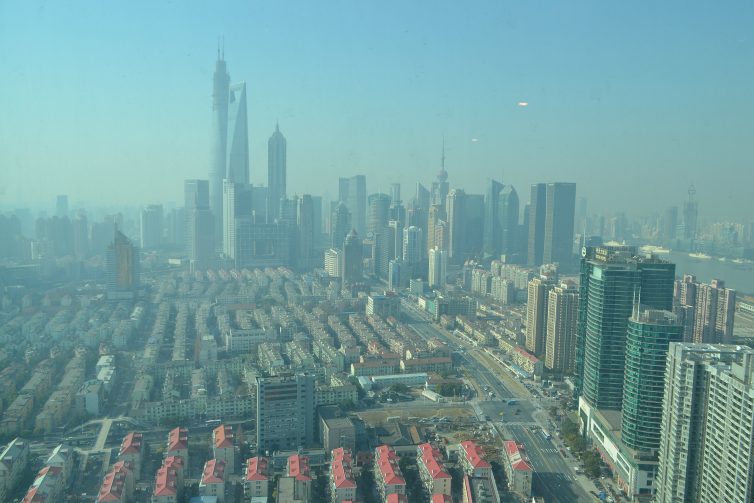“Ni hao, Communist nostalgia!” – My First Days in Shanghai
The moment you land at Pudong International Airport in Shanghai, you feel it. That vague, stiff air of communism—like a flashback to a different era, especially if you’ve lived through one. The border agent looks at you like you’ve just been caught with a suitcase full of secrets, eyes sharp, posture military. Maybe it’s just the uniform. Maybe it’s my 17-hour flight-induced paranoia. Either way, I found myself wondering if I’d accidentally broken a law just by blinking too often.
One thing’s for sure: do not take photos in the airport. I made that mistake with the enthusiasm of a clueless tourist and was swiftly, politely-but-firmly shut down by the Chinese police.
Welcome to China, land of dragons, dynasties, dumplings… and very clear rules. China today is still a communist country, officially since October 1, 1949, when Mao Zedong proclaimed the birth of the People’s Republic. But long before that, we’re talking millennia—yes, millennia—of emperors, dynasties, philosophers, warriors, and possibly the first known workaholics. From the Xia dynasty to the Ming and Qing, from Lao Tzu and Taoism to Confucius and his neatly organized moral universe, China’s history is as vast and layered as a dim sum menu. (Except with fewer English translations.)
Speaking of translations, let’s talk transportation. My ride from the airport to the hotel was a spiritual experience. Not in the meditative Zen kind of way. More like the “I saw my life flash before my eyes” kind. The driver treated traffic rules as mere suggestions—seatbelt purely decorative, mobile phone glued to his ear, and the horn? Oh, the horn! It was a symphony of honking: left turn—honk, lane change—honk, red light—honk, sneeze—honk. Signs everywhere said “No Honking.” No one cared.
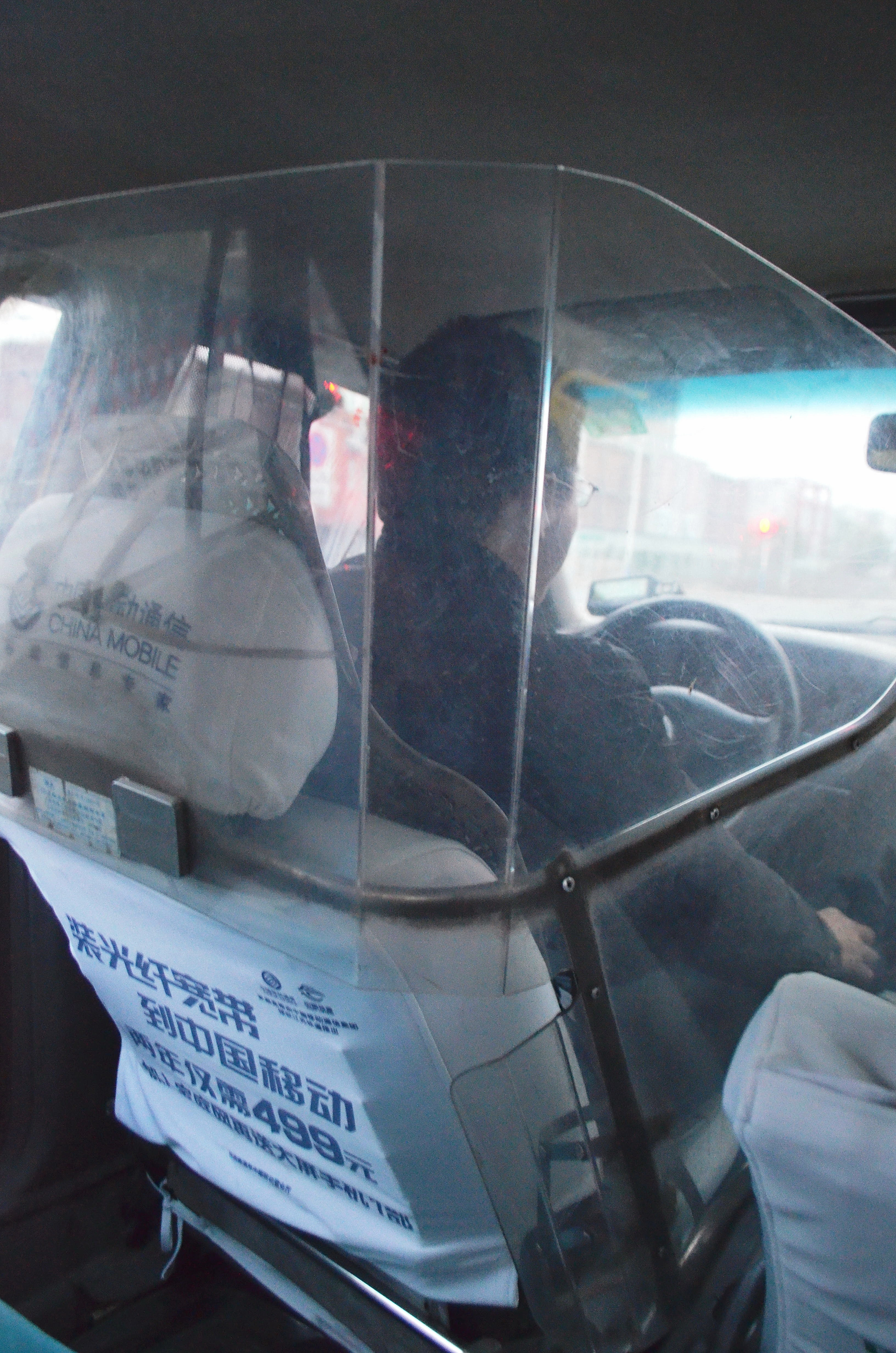
Taxi fares are low (5–10 yuan for the first 4 km, then about 1.4 yuan/km), but don’t expect any small talk in English. Bring a card with your destination written in both English and Chinese, or be ready to mime. I became a professional mime in three days. Proud of it.
China is big. Like, massive. Third-largest country in the world by area, first by population. Over a billion people, countless scooters (which seem to obey zero traffic laws), non-stop honking, firecrackers popping daily like it’s New Year’s every day, and Mandarin echoing on every street corner in what sounds like a heated debate but is probably someone just ordering noodles.
Let’s pause for a scooter appreciation rant. Scooters in China are like ninjas—they appear from nowhere, whizz past you from every angle, including on sidewalks, red lights, or even against traffic. They don’t require licenses, so anyone with a pulse and a thrill for danger can ride one. If you’ve never had your reflexes tested, China’s streets will do it for you. It’s like Mario Kart, but real—and without the fun music.
If you’re wondering about renting a car, foreigners can’t do that unless they’re residents and have converted their license to a Chinese one. Hong Kong and Macao are exceptions. You can rent a car with a driver, though. Which I’d strongly recommend unless you’re looking to star in your own action movie.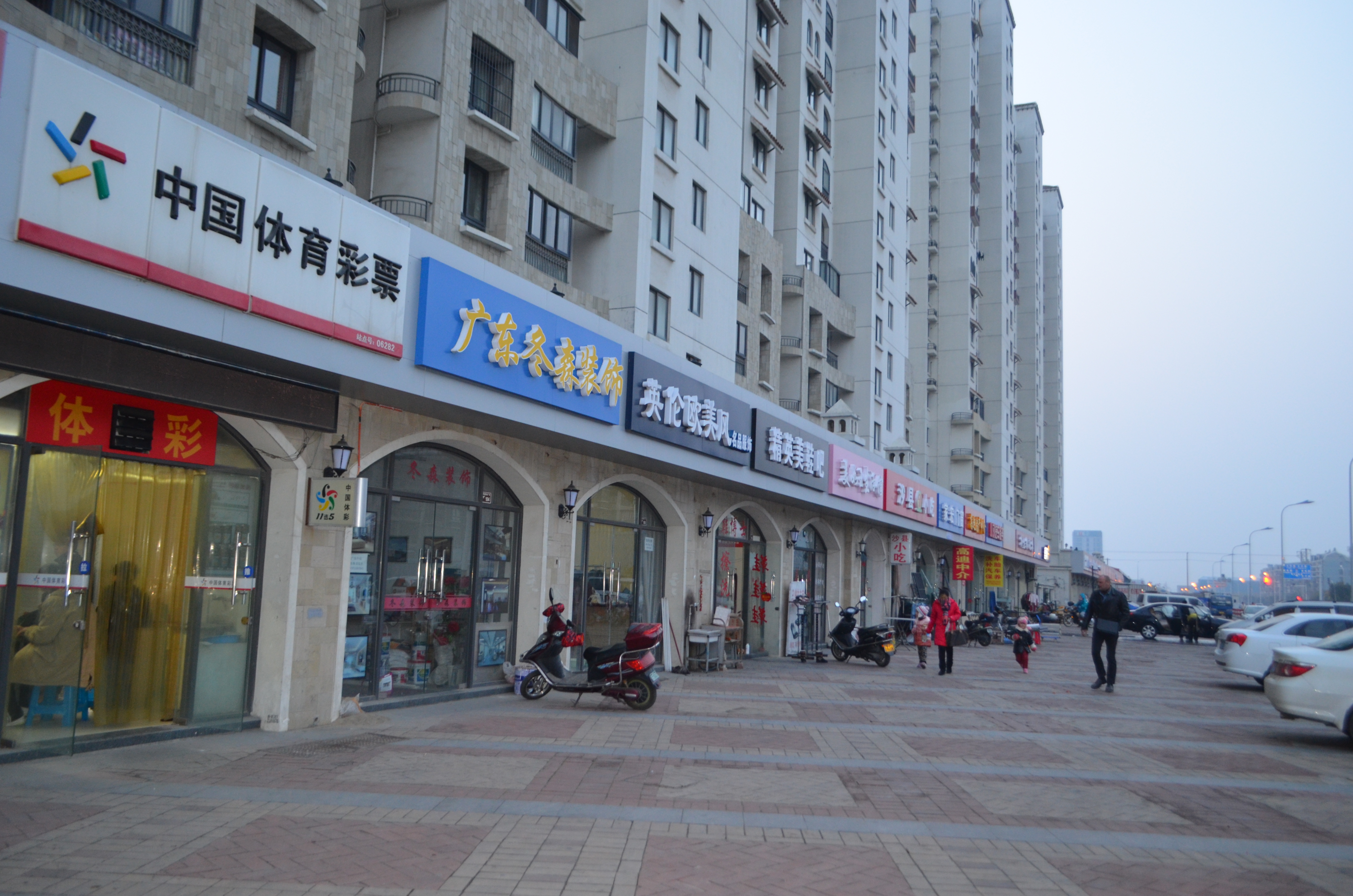
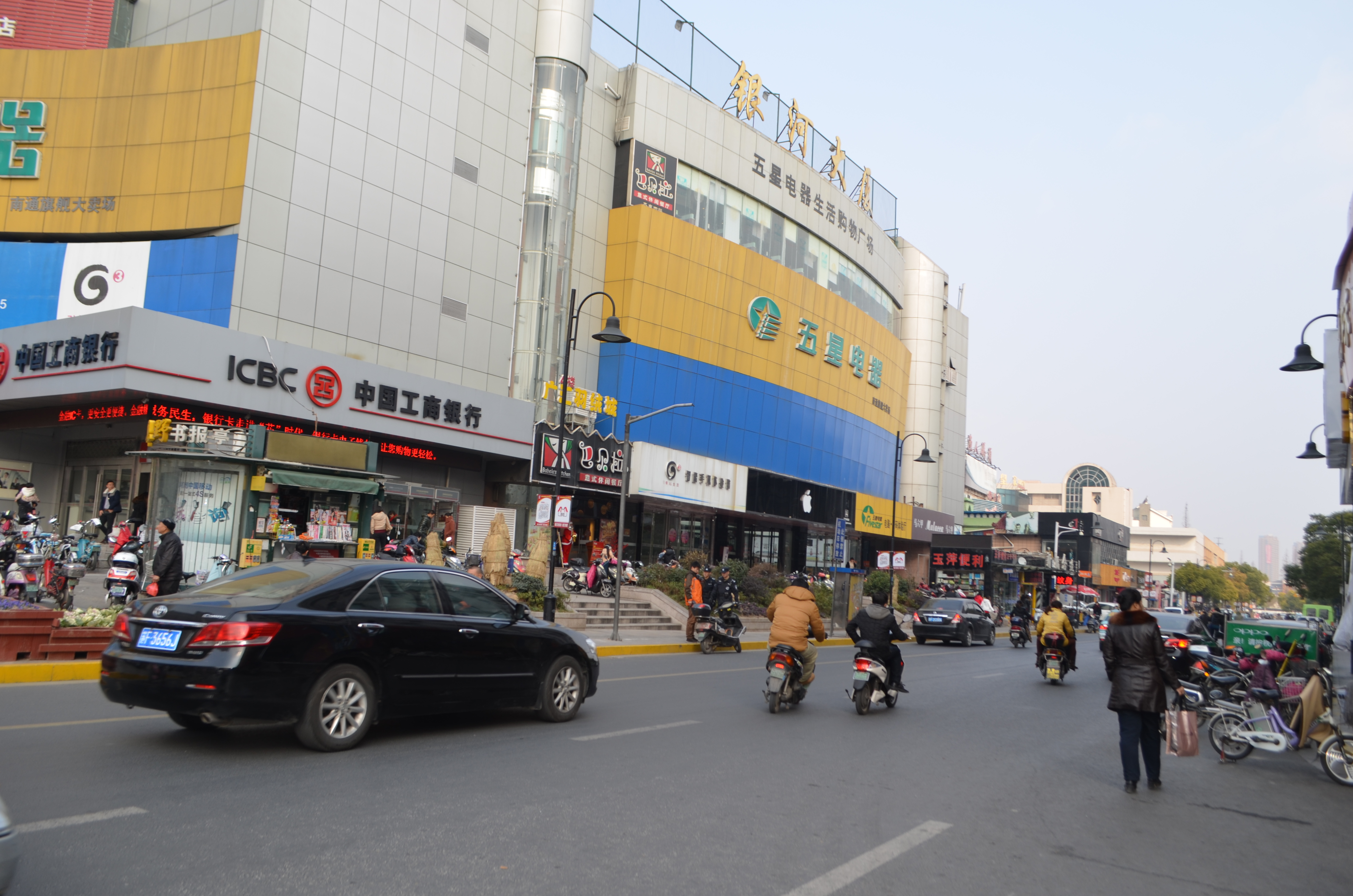
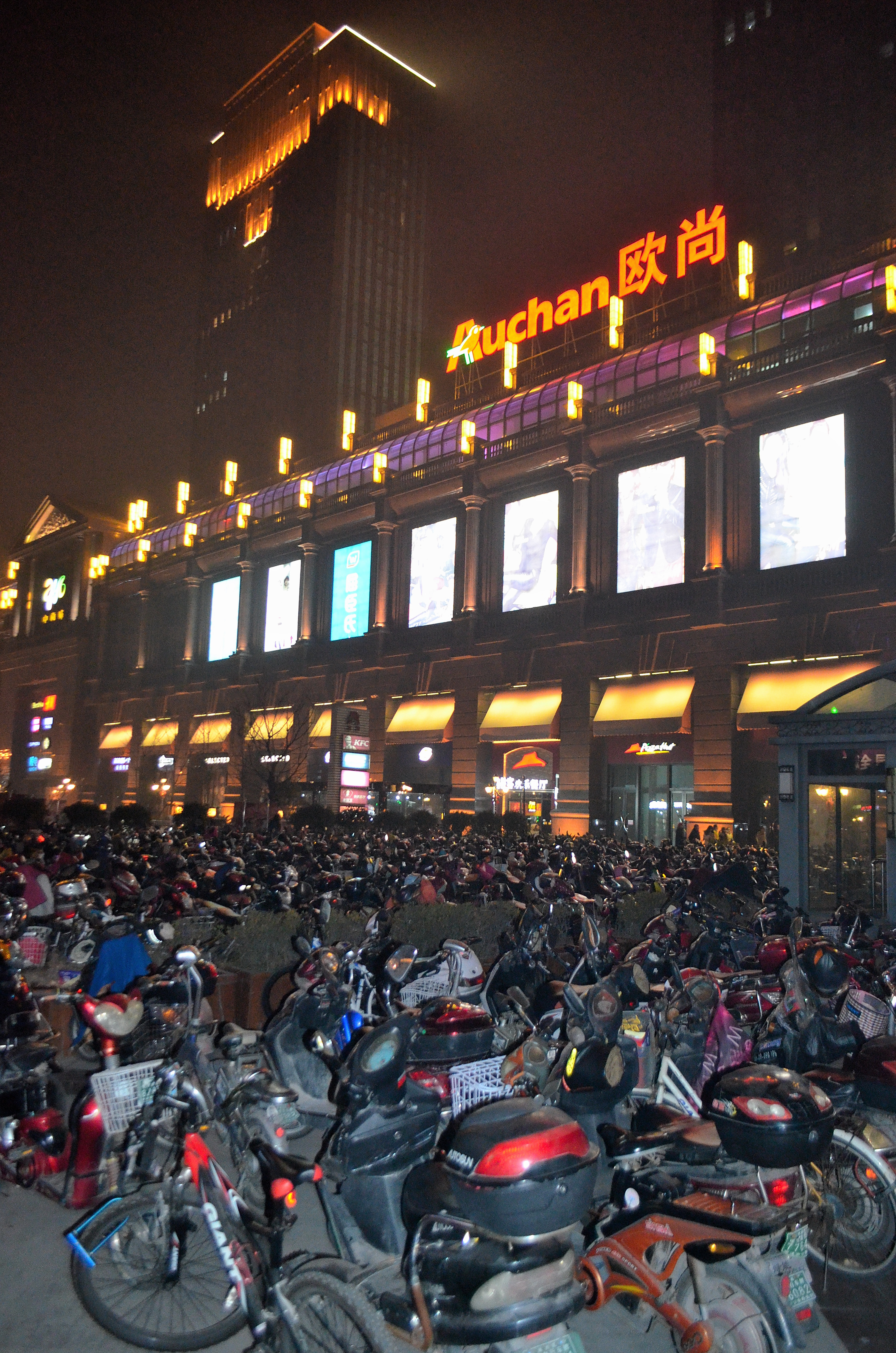
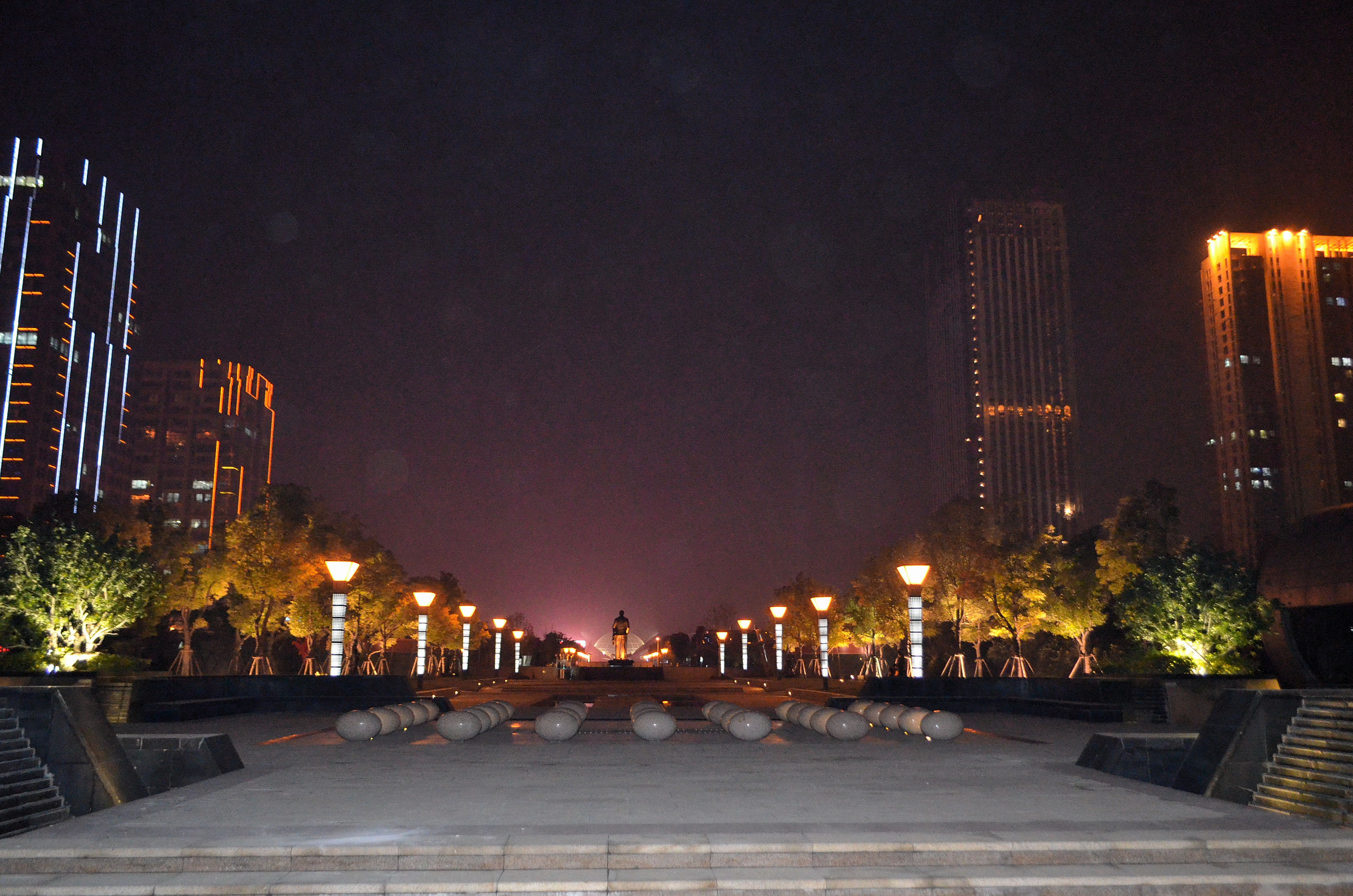
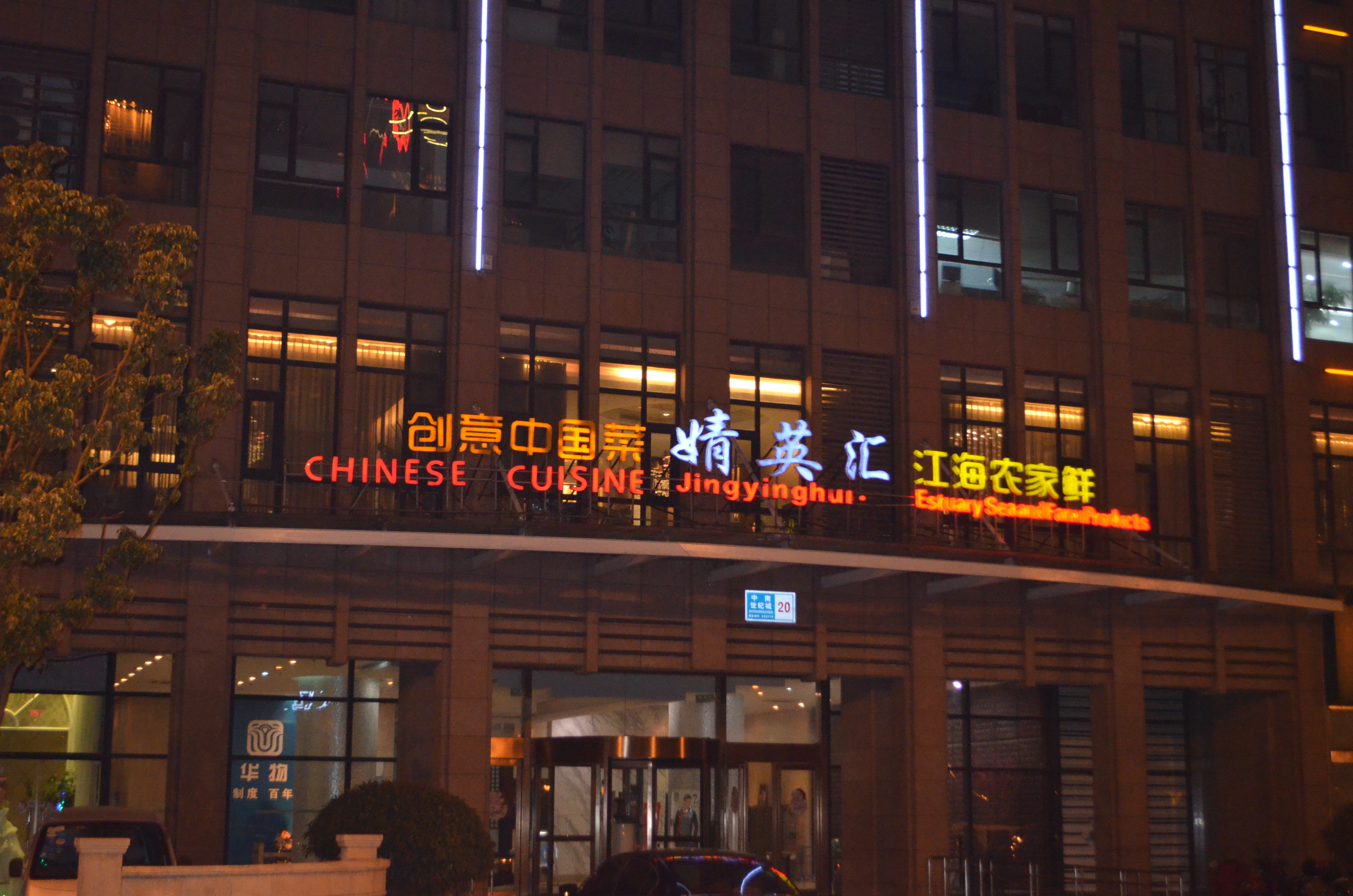
Most Chinese people I met were Han (about 93% of the population), incredibly sociable, curious, and smiley, especially when trying to communicate. If they laugh and show you their phone, they probably want a picture with you. They speak fast. Really fast. Mandarin is full of sharp, short sounds that make you question every choice you’ve ever made in Duolingo. English is rare, especially outside of touristy spots, so get comfortable gesturing like you’re in a game of charades that determines your next meal or bathroom break.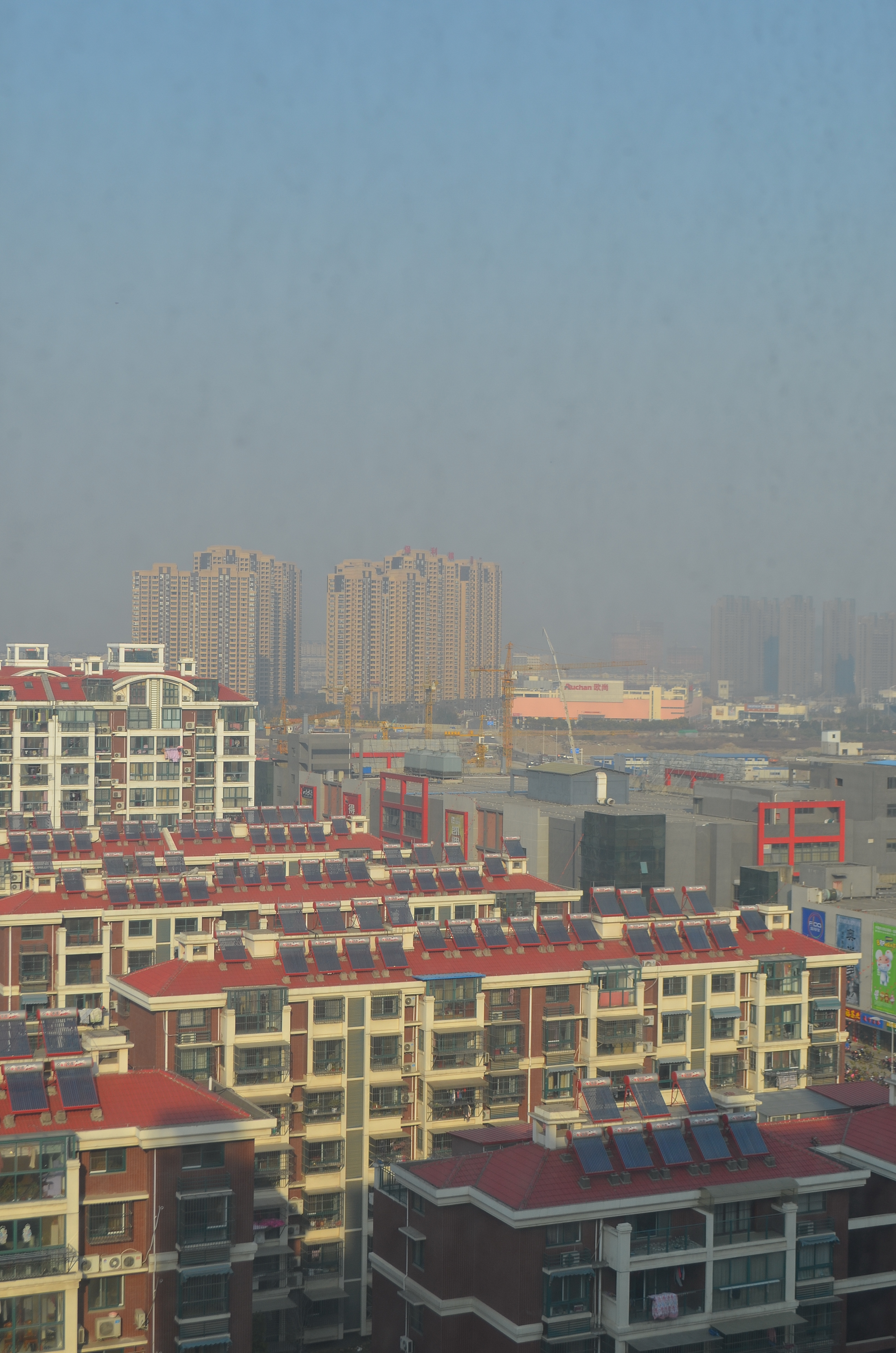
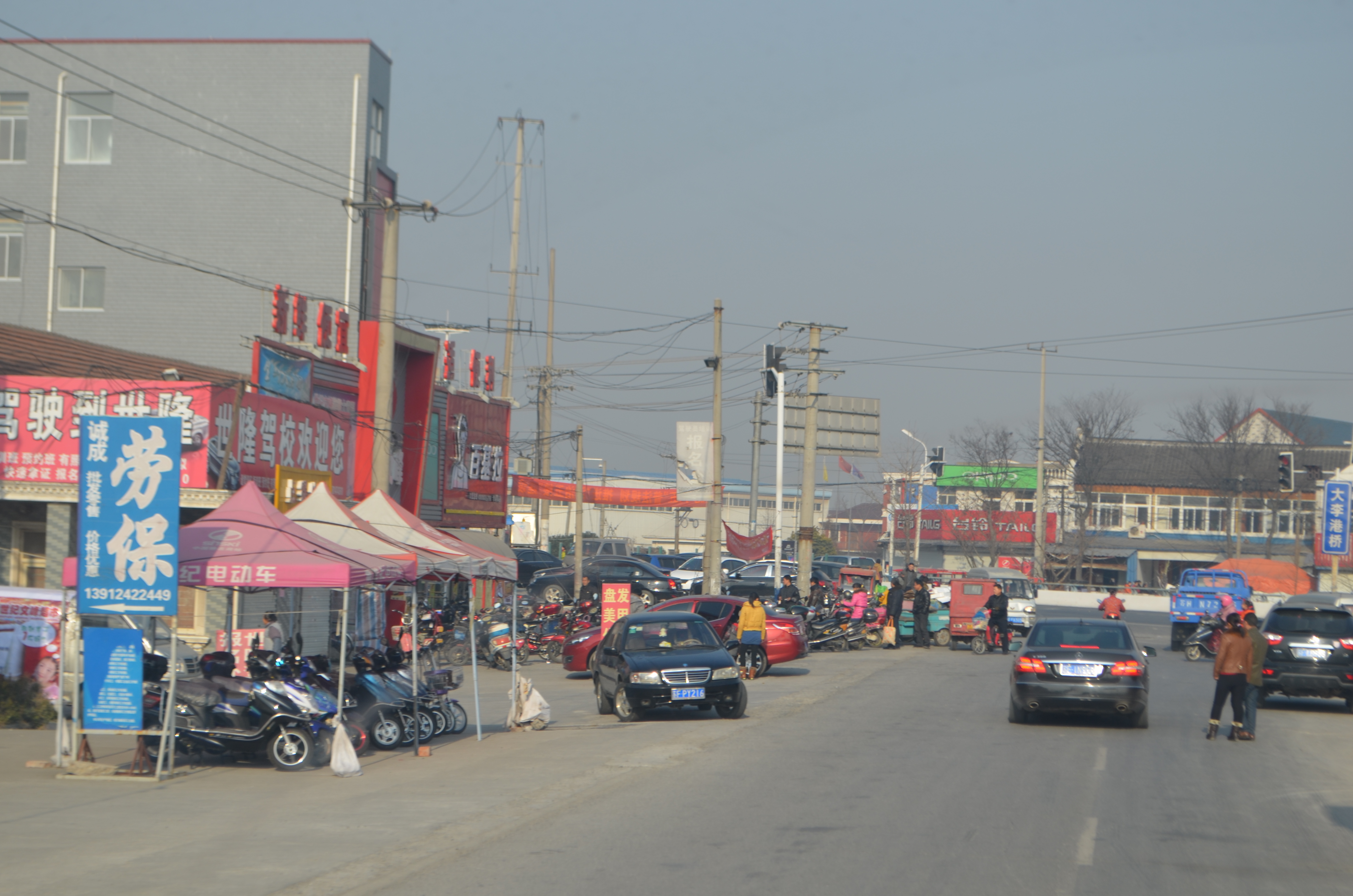
Oh, food! Let’s talk about the culinary jungle that is China. First, it’s cheap. A full all-you-can-eat lunch might cost around 2 euros. But here’s the catch—you won’t always know what you’re eating. That spicy chicken? Might be chicken. Might be snake. Hard to say. Avoid the expensive dishes if you want to steer clear of the exotic stuff—oddly, the stranger the dish, the higher the price.
Menus are often in Chinese only, unless you’re in a luxury hotel. Street food is an adventure—from candied fruits on sticks to roasted sweet potatoes (my new love), black chickens (yes, black-feathered and black-skinned), and the occasional scorpion. Chinese cuisine back home is a different version. The real deal here includes ingredients that make you question if you’re still on Earth. But it’s fresh, often delicious, and deeply tied to their culture. Just don’t expect coffee. Tea rules here—try chrysanthemum tea. It’s flowery, mild, and lovely. Coffee, when available, is usually instant and disappointing. Beer is light and cheap, and baijiu—a strong, clear spirit—is… a rite of passage. Let’s leave it at that.
The cities? A mix of Blade Runner and old-school bazaar. Some areas are gleaming towers and high-tech glam, others are dusty, gritty, and full of character. Heating systems in homes are rare outside northern China, so locals rely on AC units—even in winter. Posters asking people not to spit are everywhere. But the spitting? Also everywhere. Including restaurants. And buses.
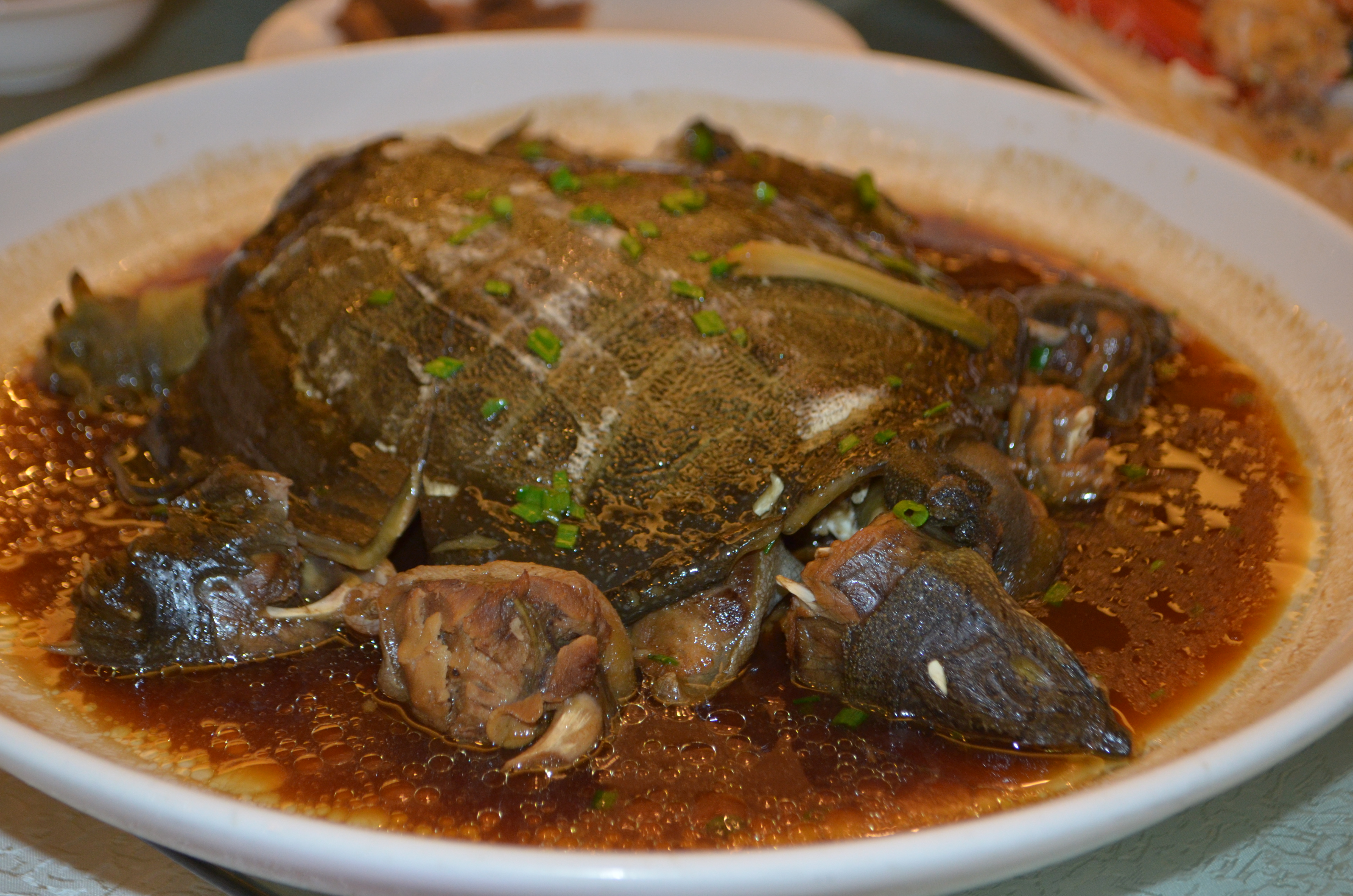
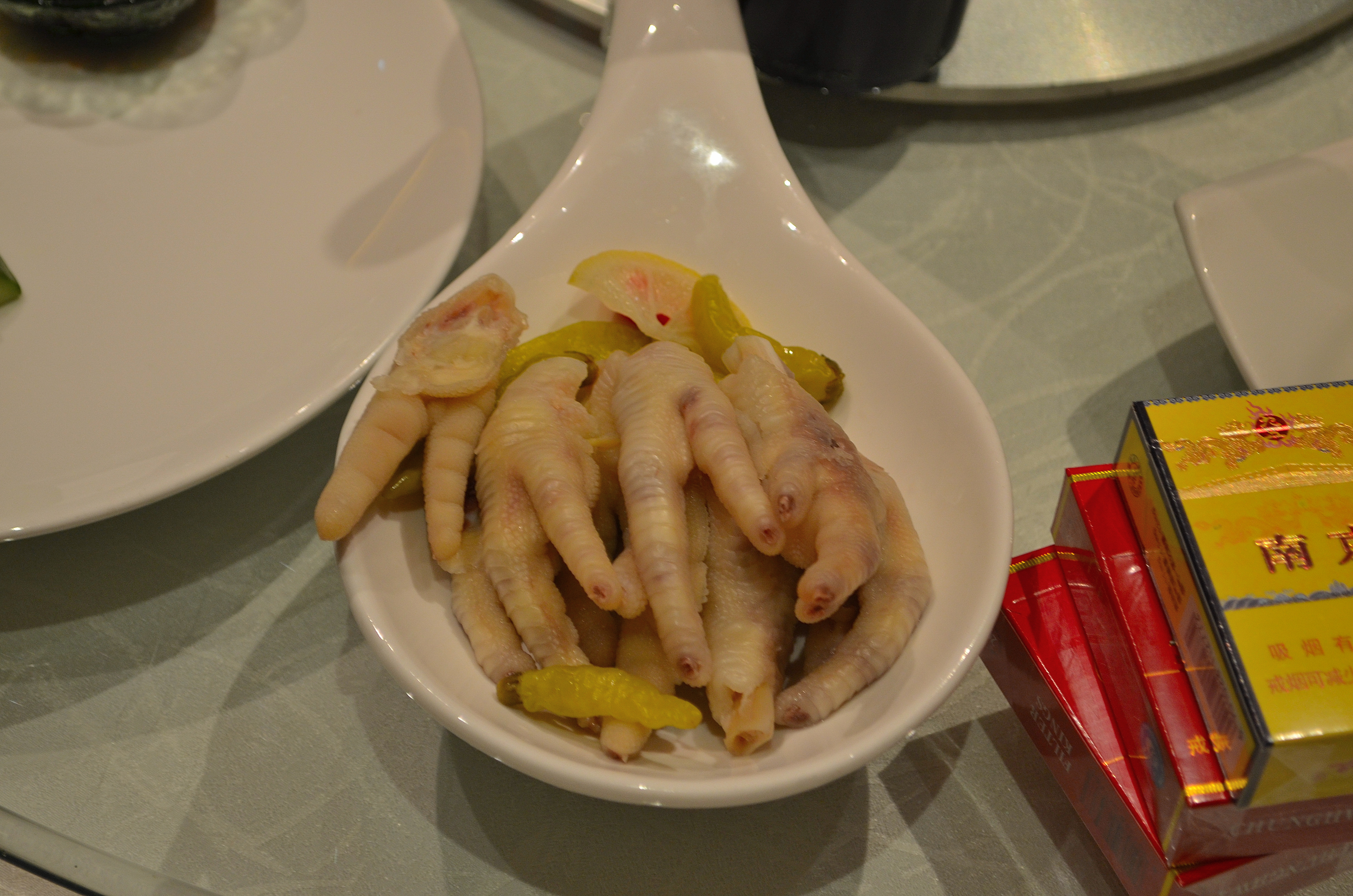
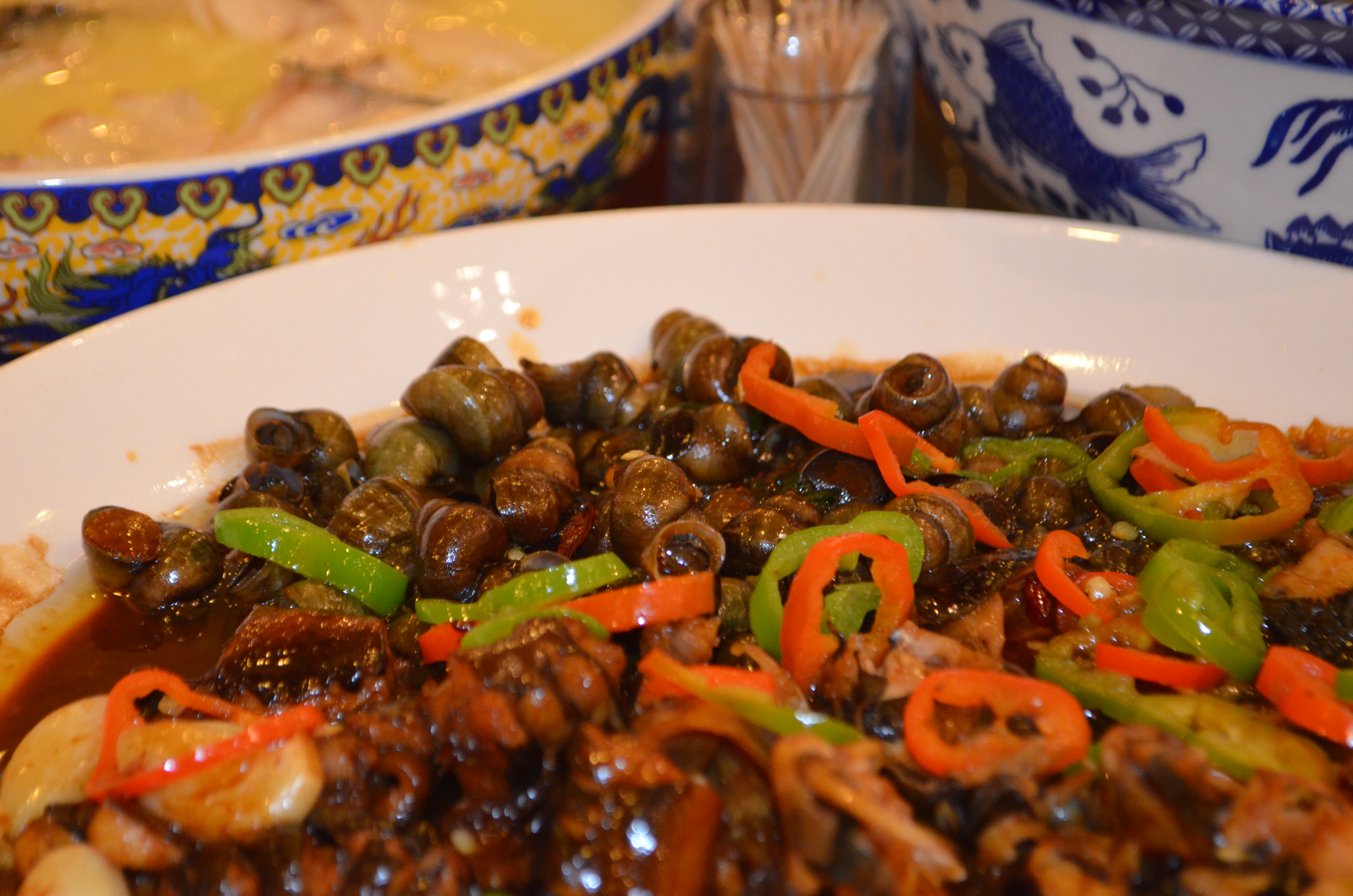
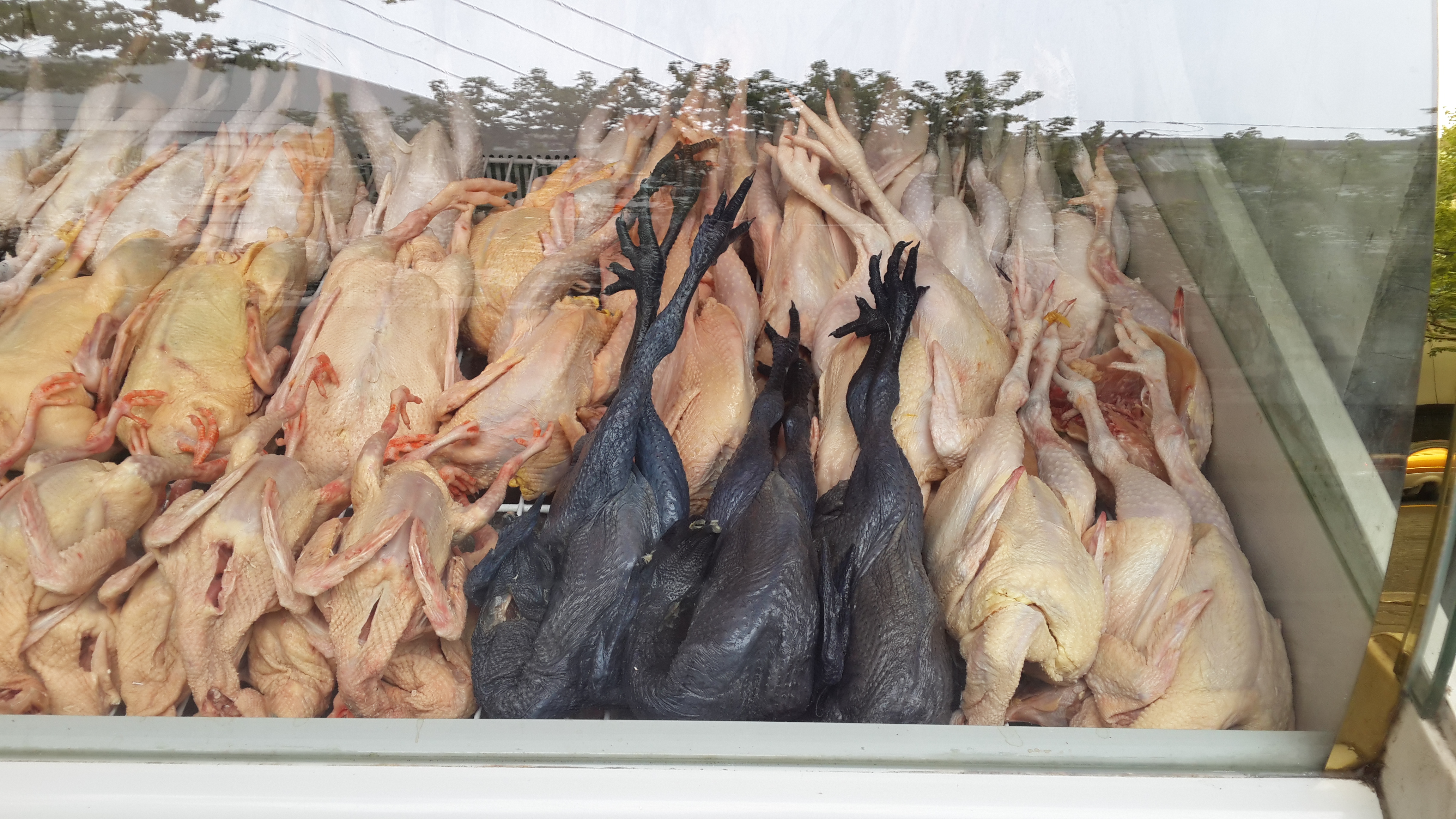
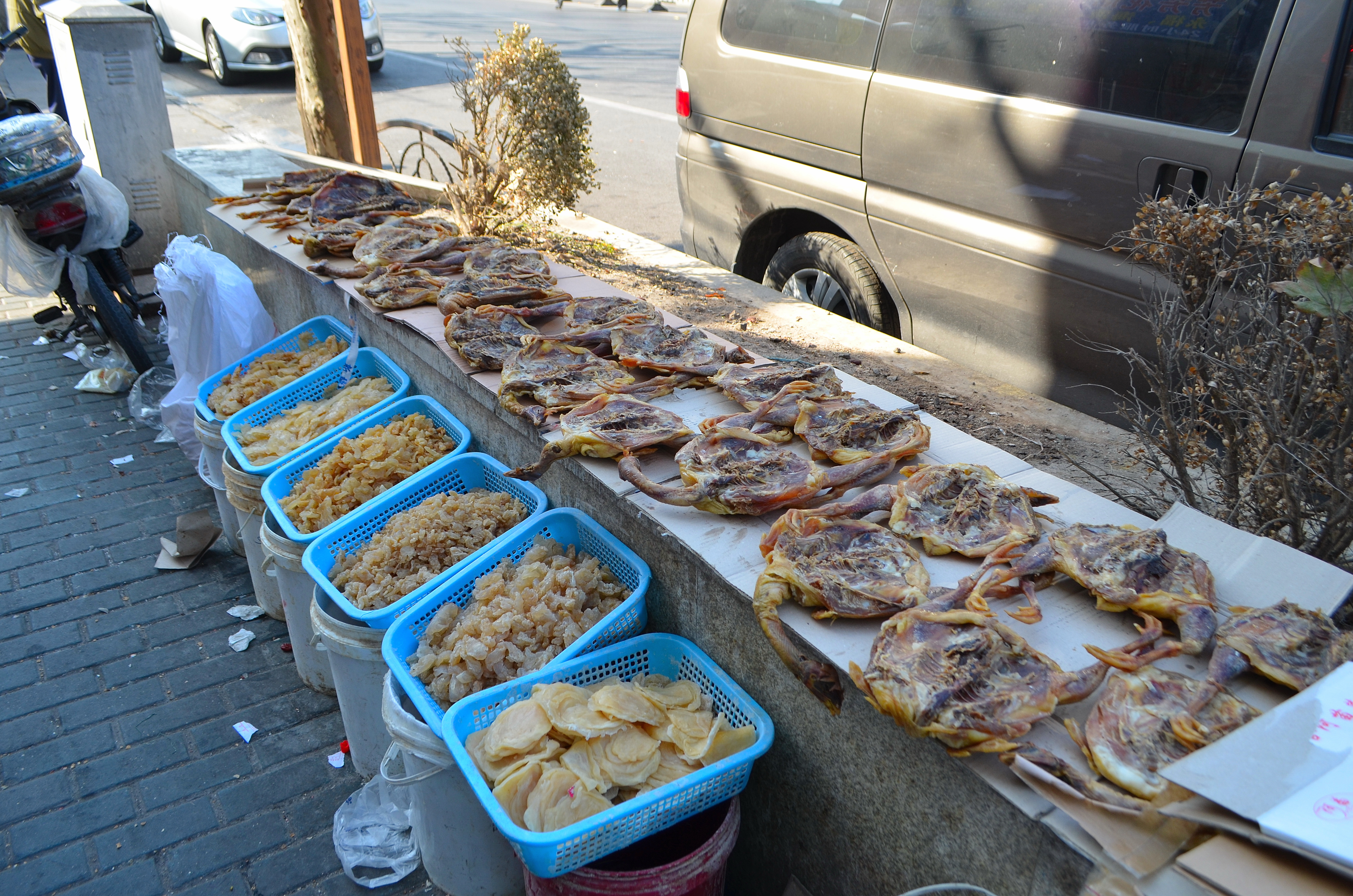
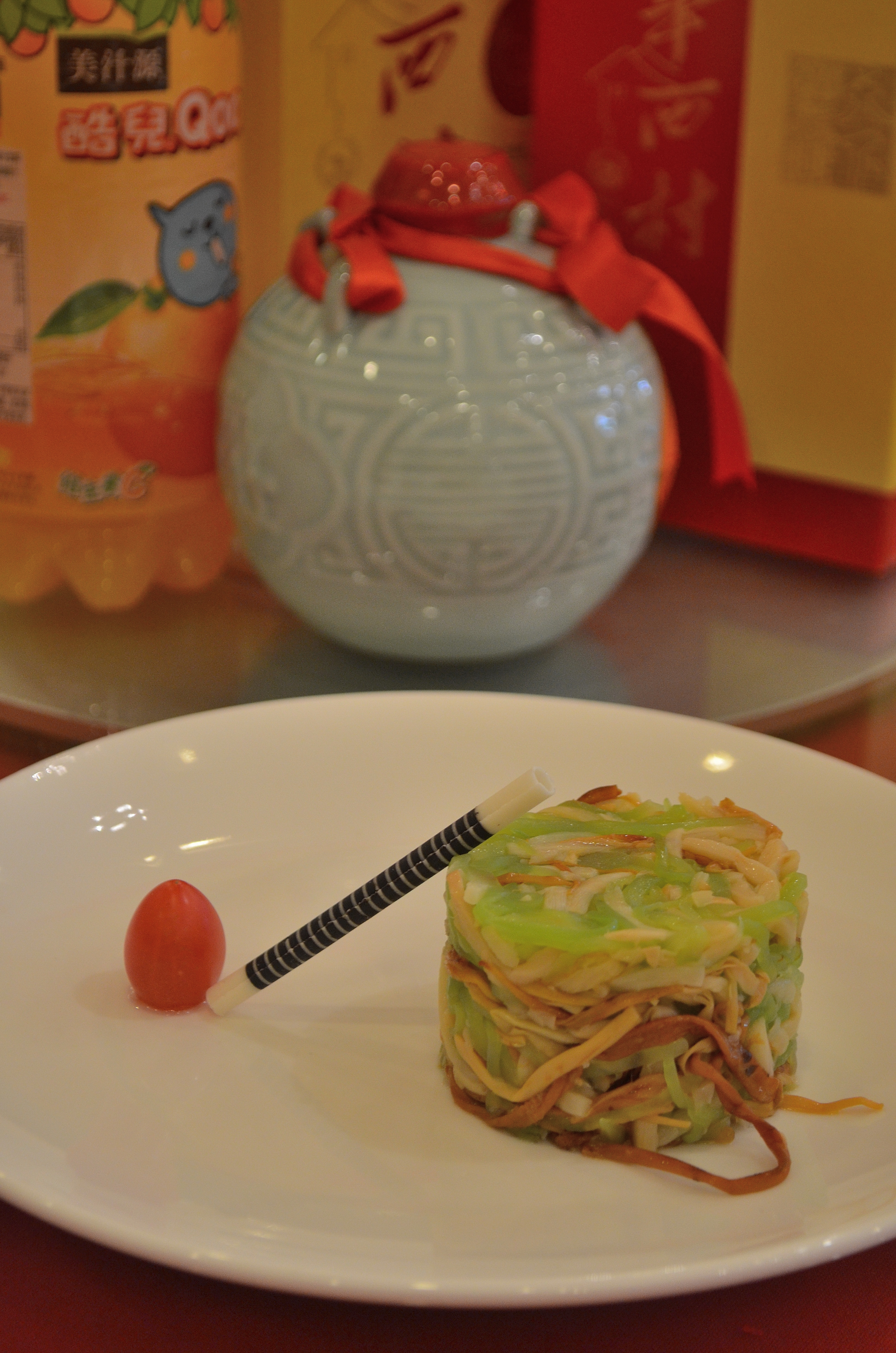
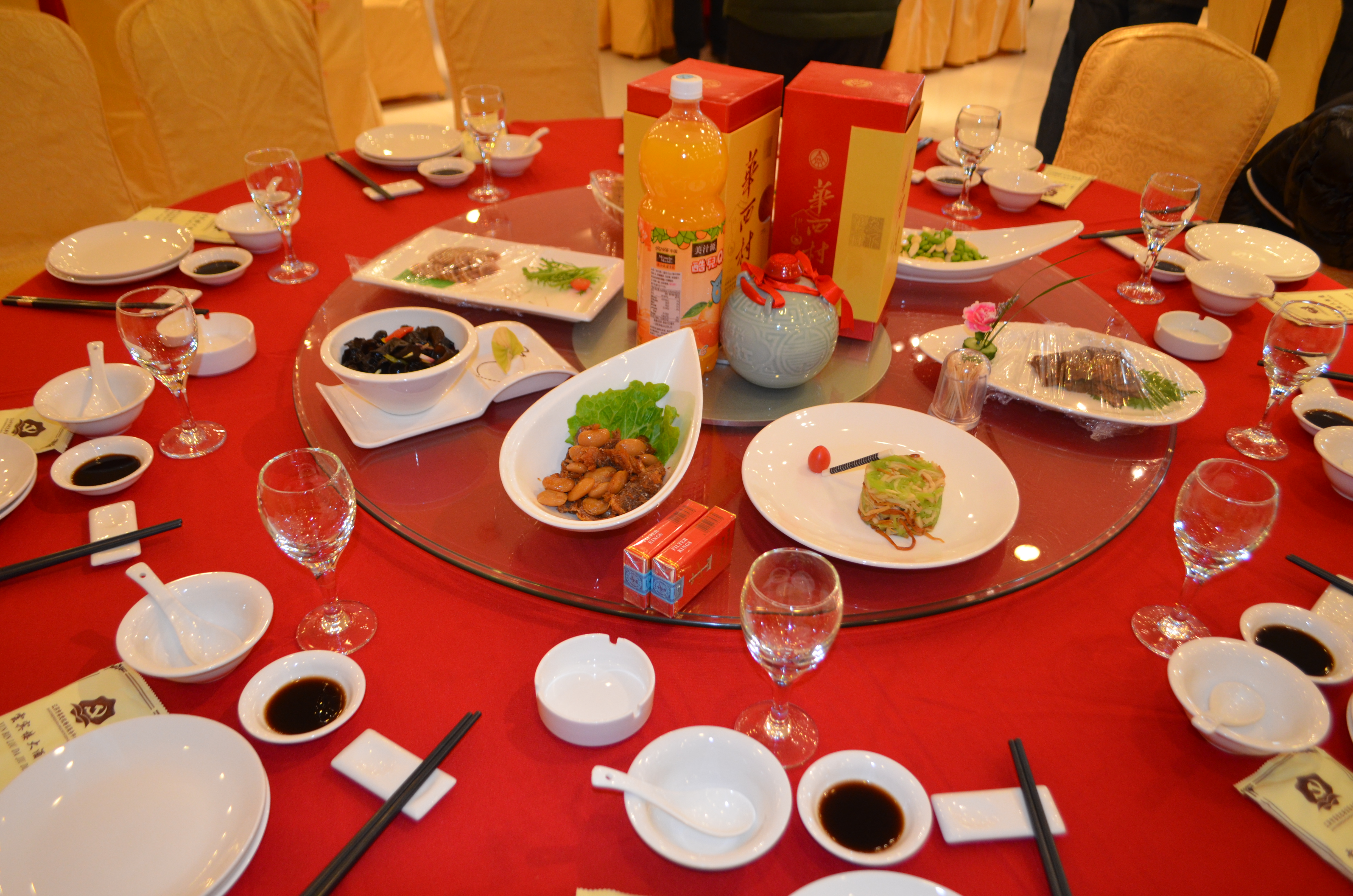
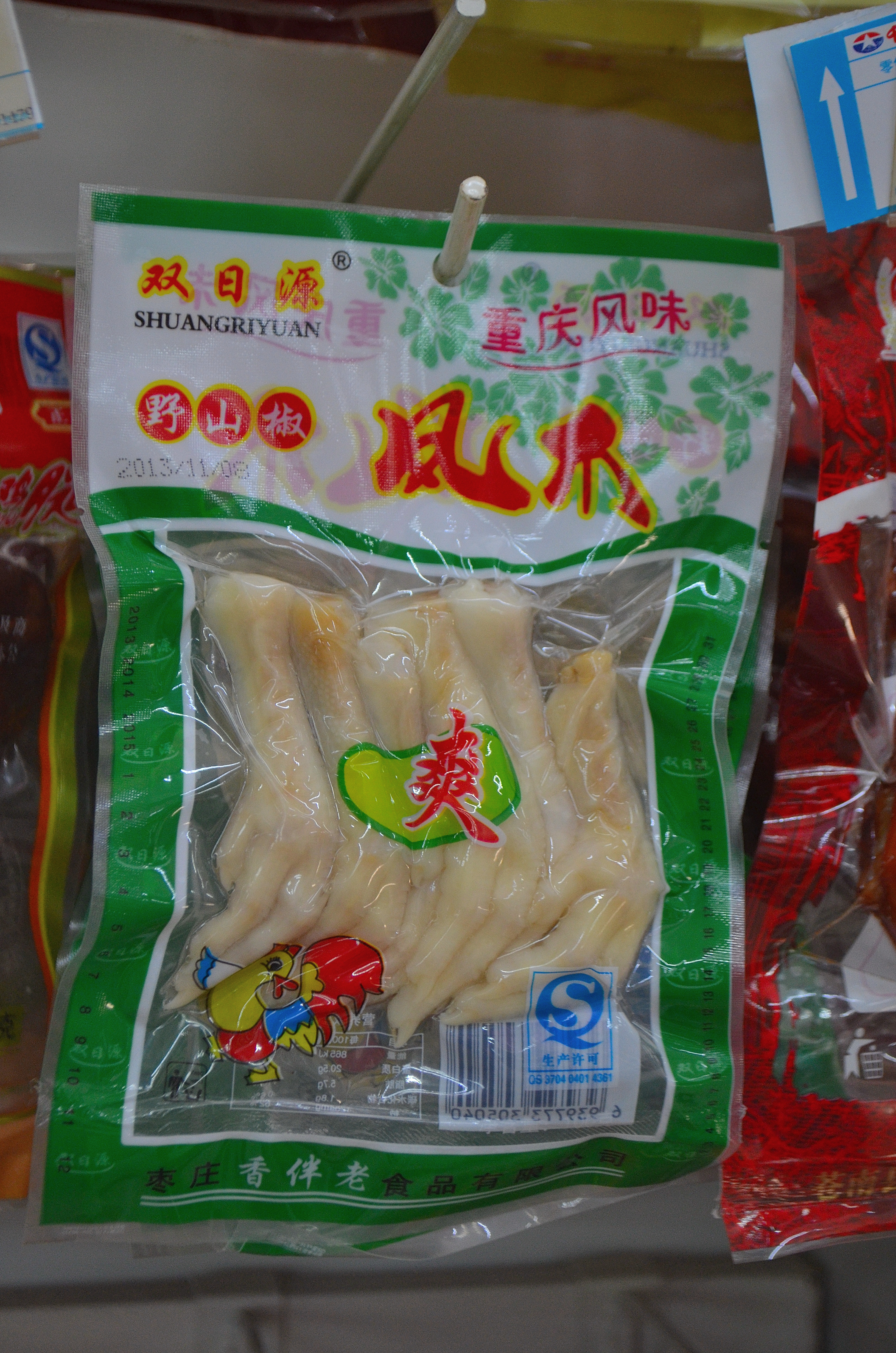
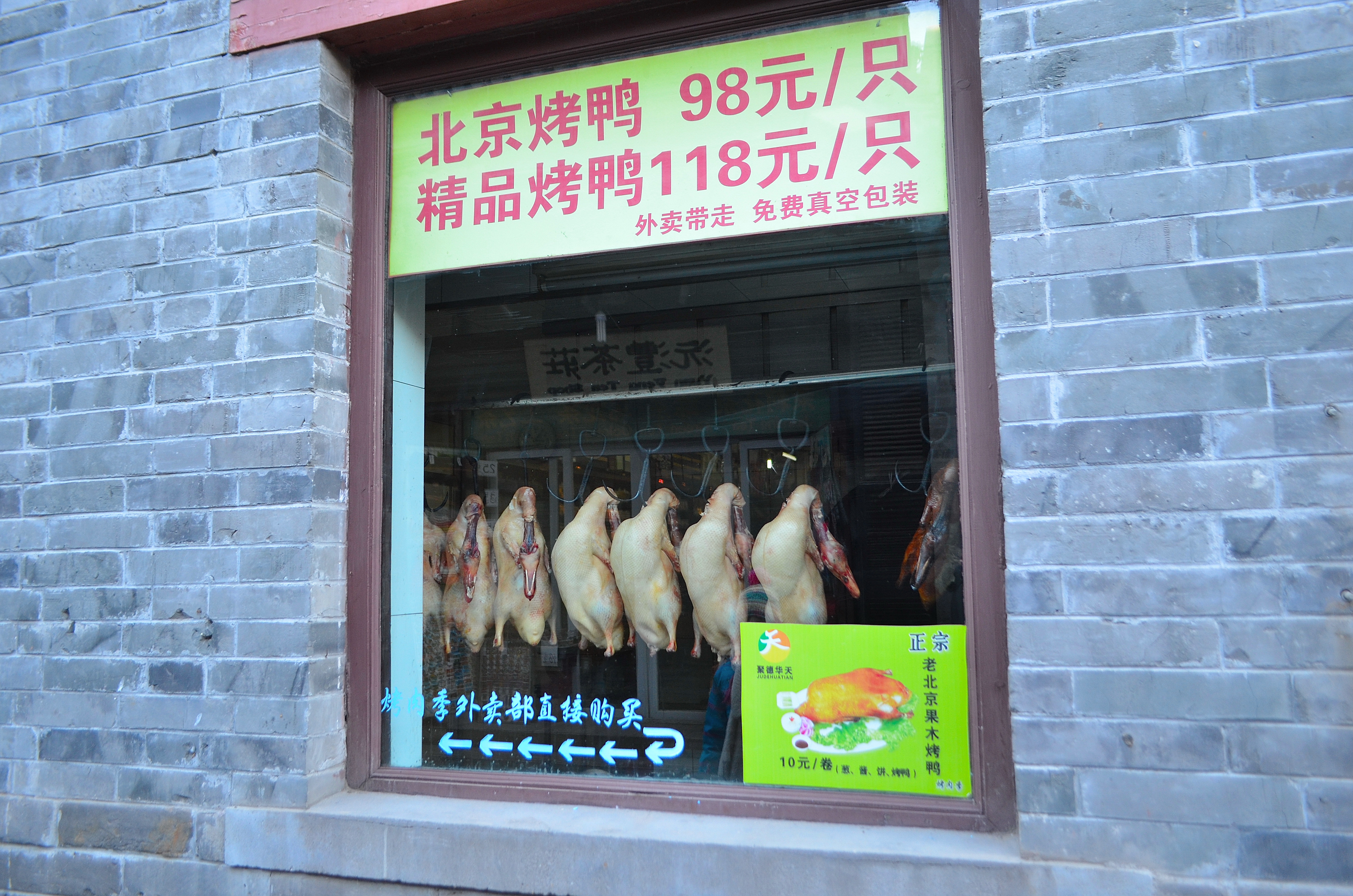
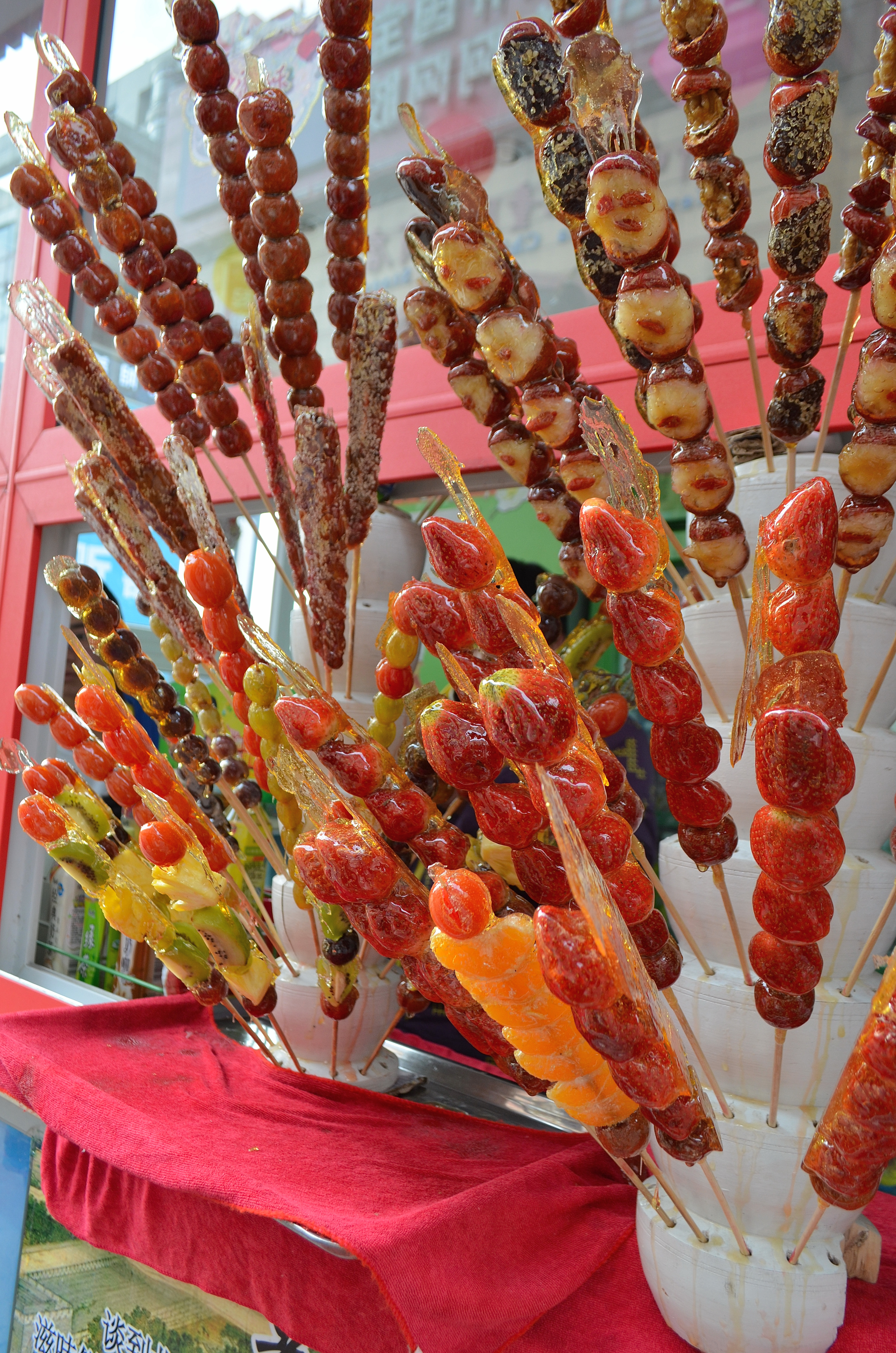
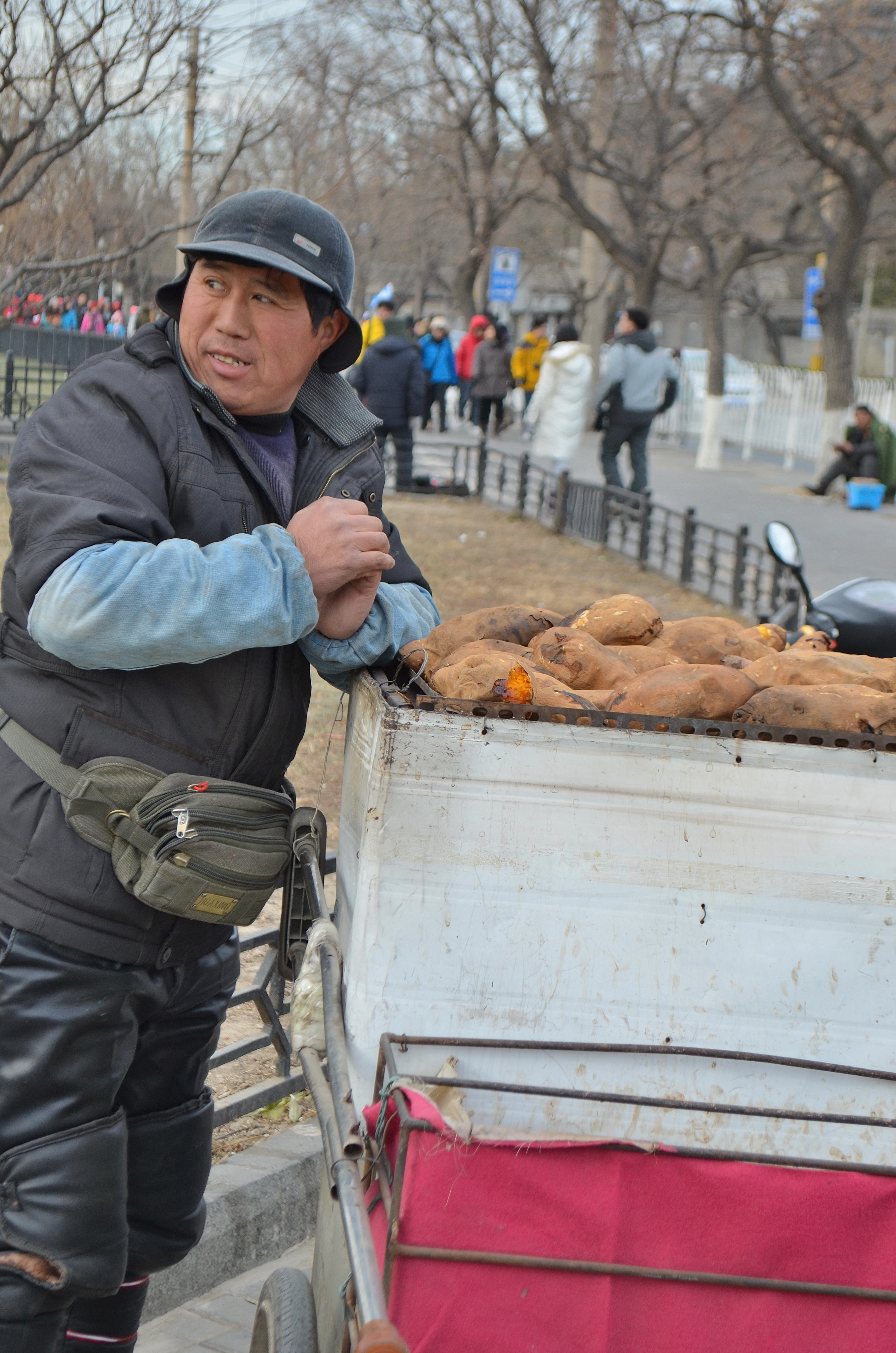
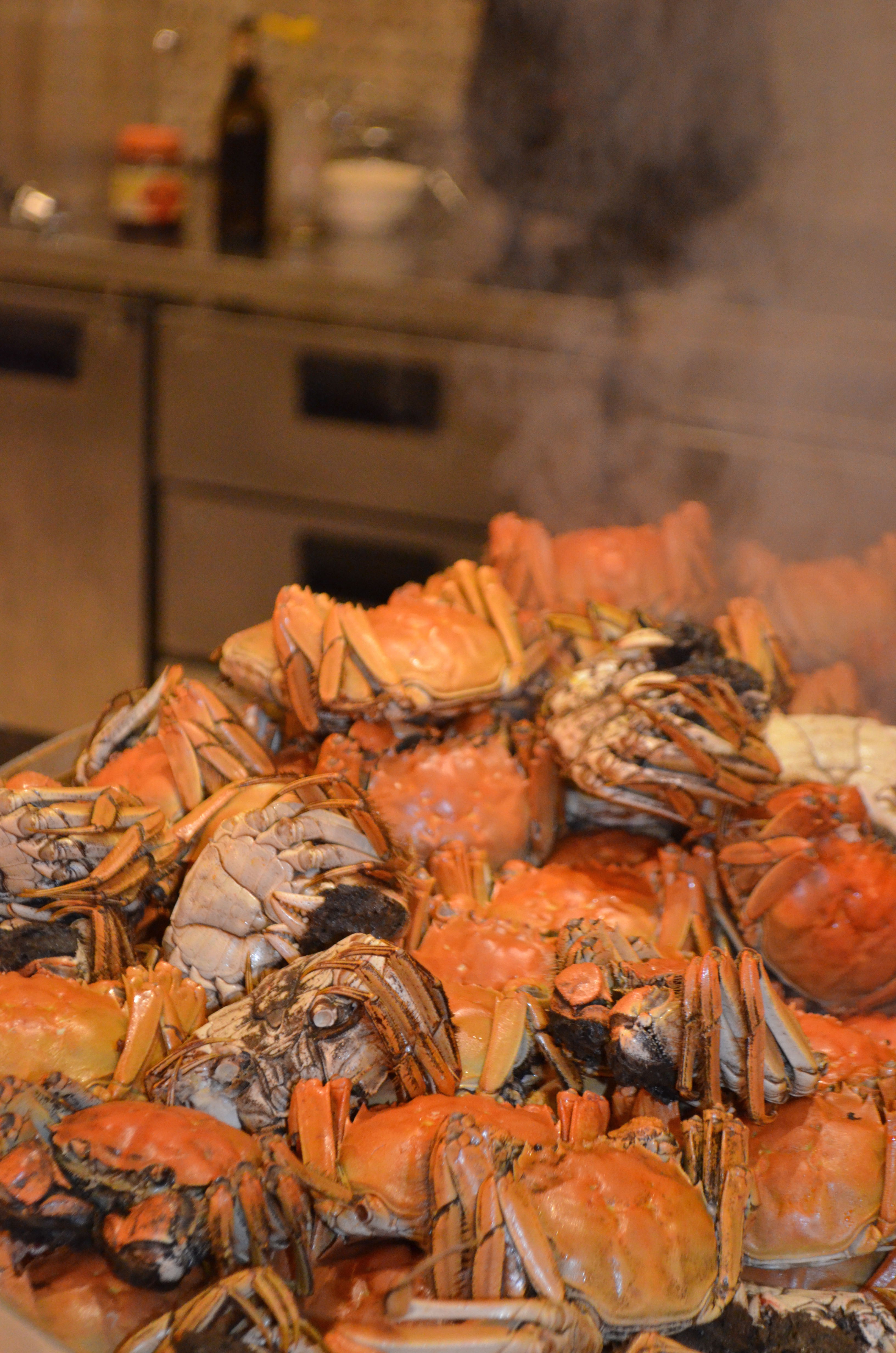
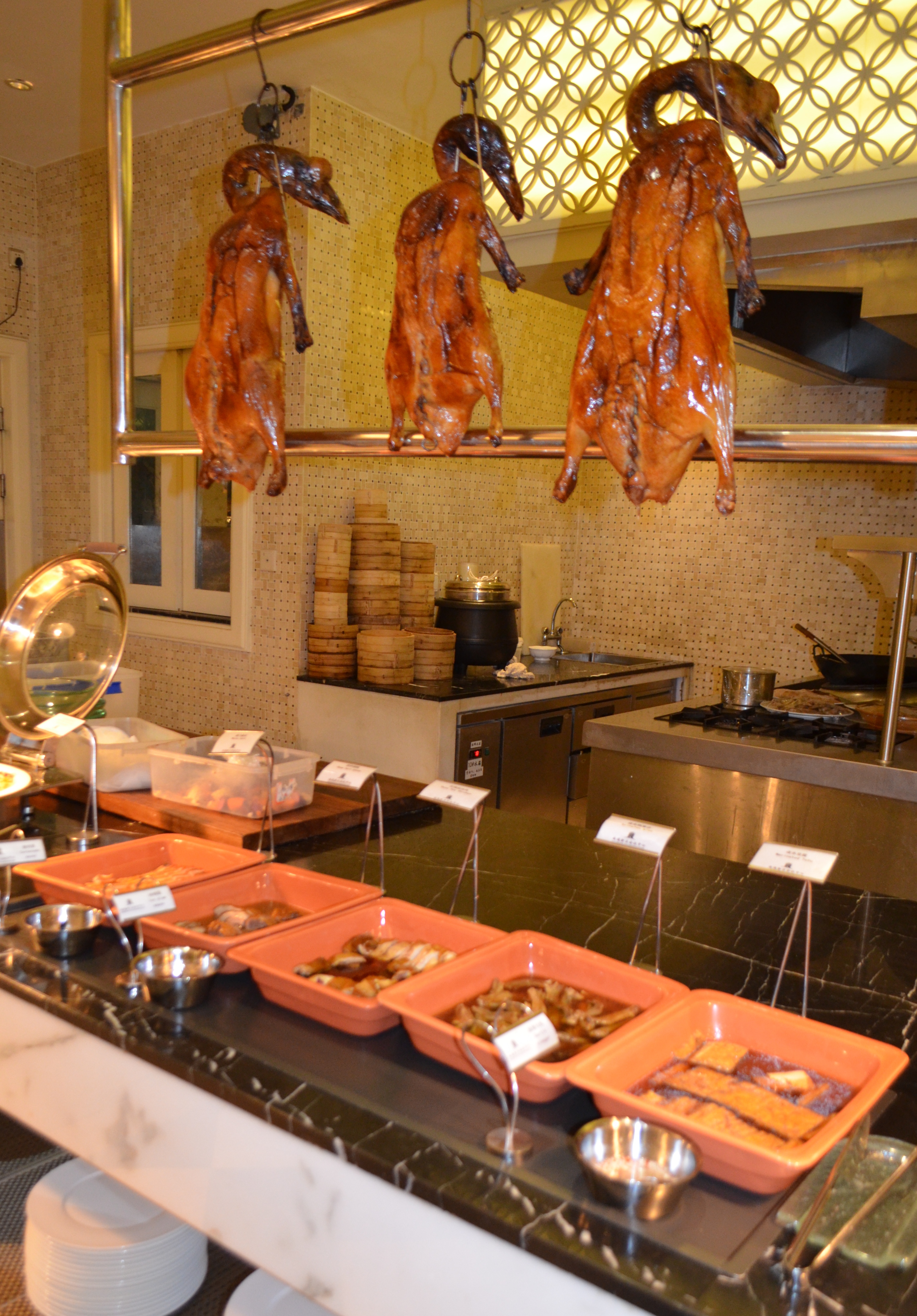

These were just my first few days. Tomorrow, we take the train to Beijing. Wish me luck (and maybe a helmet).

